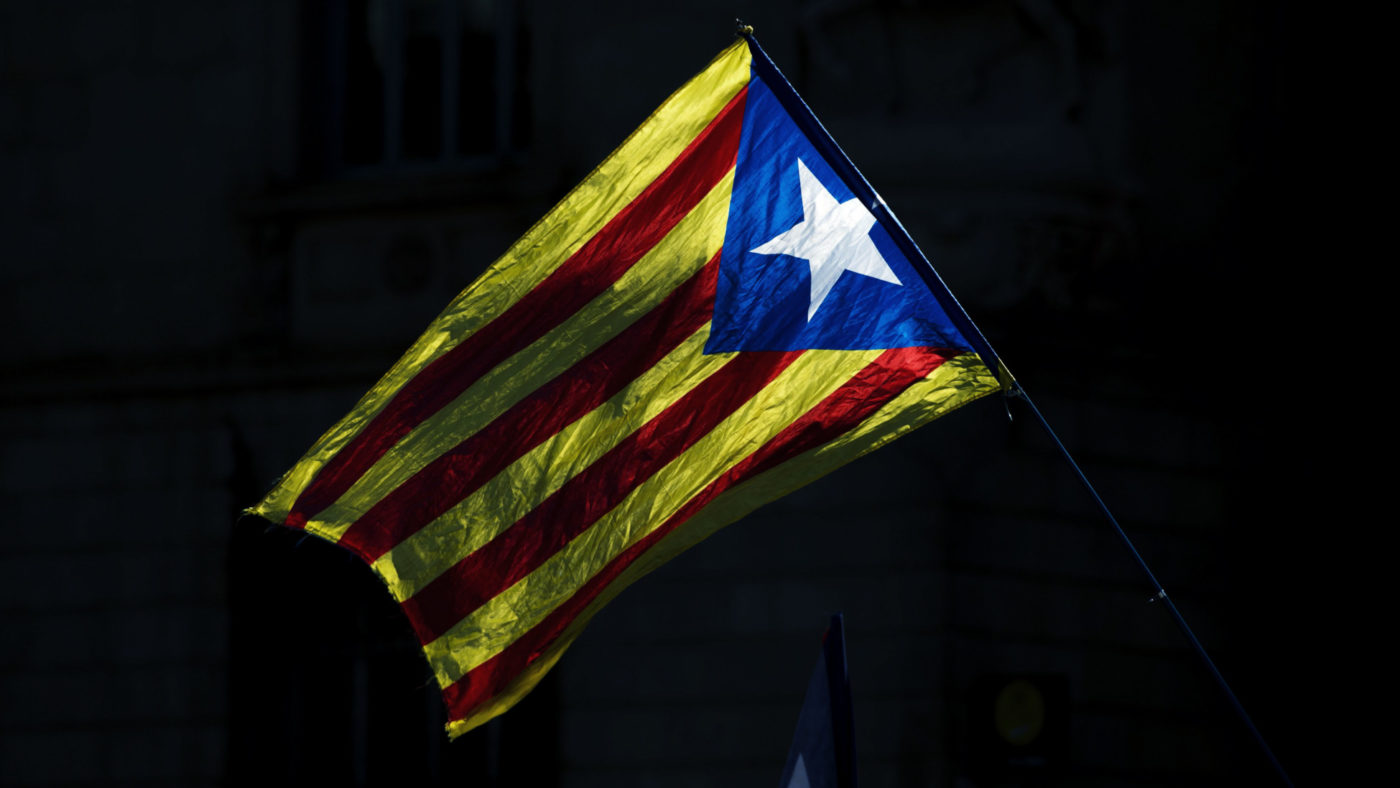“Let them vote” is a response to matters of public interest which has proved irresistible across time and place. The Enlightenment philosopher Jean-Jacques Rousseau, inspired by the assembly-prone Swiss, saw direct democracy as the natural channel of expression for the general will.
Those who today advocate referendums as the means to answer critical questions of public affairs fancy themselves heirs to this tradition. Yet, if we look around the contemporary world, we find that the referendum is more often the tool of the despot to give a patina of legitimacy to his tyrannical designs, than a mechanism whereby civilised societies make public choices.
The late Hugo Chávez, who in 15 years of rule ushered Venezuela into poverty and chaos the likes of which it had not seen since the 1950s, governed largely by referendum. Each one chipped away at the constitutional order which, while imperfect, had protected individual and political freedoms and underpinned Venezuela’s economic development. Now the country finds itself with no public order, no private property rights to speak of, and dwindling means for political expression.
No free society operates a system of unlimited democracy. This is because the most vulnerable in society are not the majorities which prevail in democratic votes, but the minorities – blacks, Christians, gays, Jews and “the rich” – who tend to find themselves on the losing side. So, in order to contain the predations of the 50 per cent-plus, free societies have instituted protections – guarantees of individual rights, of a free press, equal representation, and so on – which restrict the scope of the ballot box. Decisions about changing those fundamental protections require more than a majority.
That is what is at stake in Catalonia. The region is part of a democratic country where administration, tax and expenditure powers are very decentralised. 49 per cent of public spending in Spain is undertaken at the regional and local level. Education, healthcare and other key state activities are mostly or wholly managed by lower-level administrations.
But Catalonia also signed up, overwhelmingly, to the democratic constitution which followed the death of dictator Francisco Franco in 1975. Nine out of 10 Catalans supported it. And that constitution states in no uncertain terms that decisions about Spain’s territorial integrity are to be made by the Spanish people as a whole. Having failed to negotiate an arrangement with the central government, let alone obtain the consent of the Spanish people, an independence referendum in Catalonia could not go forward. If it had, that would have meant the constitution was meaningless, and Spain would be finished.
It is a seemingly small leap from condemning police excesses to supporting the cause that underlay the actions of the police. But a leap it is. And it does not change the fact that the independence vote staged a week ago was illegitimate and illegal. With reports of ghost voting mounting, it also increasingly looks like a farce more characteristic of a banana republic.
Free societies must allow for secession. The Brexit referendum, which took place after a vote in Parliament and under the circumstances prescribed by EU treaties, is an example of the constitutional propriety required for such momentous questions. The Catalan referendum, hurried by a government with tenuous support and no regard for the law of the land, decidedly is not. No wonder that the only foreign authority to endorse the vote other than Nicola Sturgeon was Venezuela’s Nicolás Maduro.


